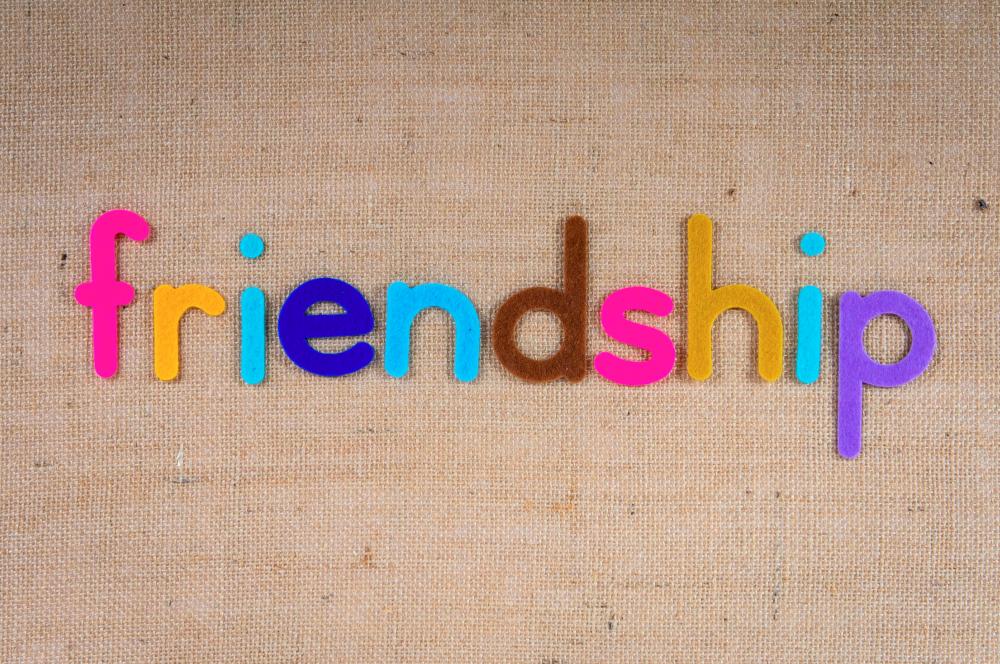WE have all heard the phrase “work hard, play hard” but what if the secret to playing hard at work is having a work bestie? That one colleague who shares inside jokes lends a sympathetic ear during stressful moments and turns monotonous days into enjoyable ones. We know that professional networking often gets the spotlight, however, it is these friendships that truly transform our work lives.
For many, the concept of work besties is not just about having someone to sit with during lunch breaks but more about building a bond that makes work feel less like a chore and more like a place where meaningful relationships flourish. These friendships, as it turns out, are more important to our productivity, happiness and even, company culture.

Science behind work friendships
It is not just an anecdotal truth – science backs up the benefits of having a best friend at work. These friendships create a sense of belonging and support that encourages employees to invest more in their tasks and remain loyal to their companies.
Beyond productivity, work friendships contribute to lower stress levels and increased emotional resilience. Imagine a tough day without that familiar colleague who knows just what to say to lift your spirits or provide a calming presence. Work besties help you manage the emotional rollercoaster of deadlines, office politics and last-minute assignments. They celebrate your successes and help you handle failures with grace.
One reason friendships in the workplace are effective is because they fulfil three fundamental human needs: the need for connection, support and validation. When these needs are met, workers are more likely to stay motivated, creative and committed to their roles.

How work besties improve company culture
The ripple effect of work besties goes beyond individual relationships – it contributes to the company’s overall culture. Workplaces that encourage friendship foster a more collaborative and inclusive environment. Instead of competing against each other, employees with strong friendships are more likely to uplift their peers and support shared goals. This contributes to a culture where teamwork is the norm rather than competition.
Companies that promote friendships in the workplace also benefit from higher employee retention rates. Employees who feel connected and valued are less likely to leave. Offering team-building activities, social spaces for interaction and a culture that values interpersonal relationships can make all the difference in retaining top talent.
Work friendships also boost morale and contribute to greater job satisfaction. When employees enjoy the company of their colleagues, they are more likely to look forward to coming into work, creating a positive and motivating atmosphere. This is especially critical in high-pressure industries, where employee burnout can be a concern. Having a friend who understands the unique stresses of your job makes a world of difference.

Handling boundaries
However, as with any relationship, maintaining a balance between personal and professional boundaries is crucial. While it is great to have a work bestie, it is also equally important to ensure this friendship does not interfere with the professionalism needed to get the job done.
For example, it is essential to avoid cliques or favouritism, especially in team settings where everyone’s input is valuable. Work besties need to remain inclusive and ensure their friendship does not alienate other colleagues or create an unhealthy dynamic. Another challenge is handling conflict. Disagreements will inevitably arise but resolving them with mutual respect is key to maintaining the friendship and professional relationship.
Work besties transform ordinary workdays into meaningful experiences, offering support, encouragement and sometimes just a good laugh when it is needed the most. These friendships are more than just personal connections – they play a vital role in improving productivity, enhancing company culture and even increasing employee retention.
So the next time you see your work bestie across the room, send them a smile, thank them for being there, and remember – you are both better off for it.









